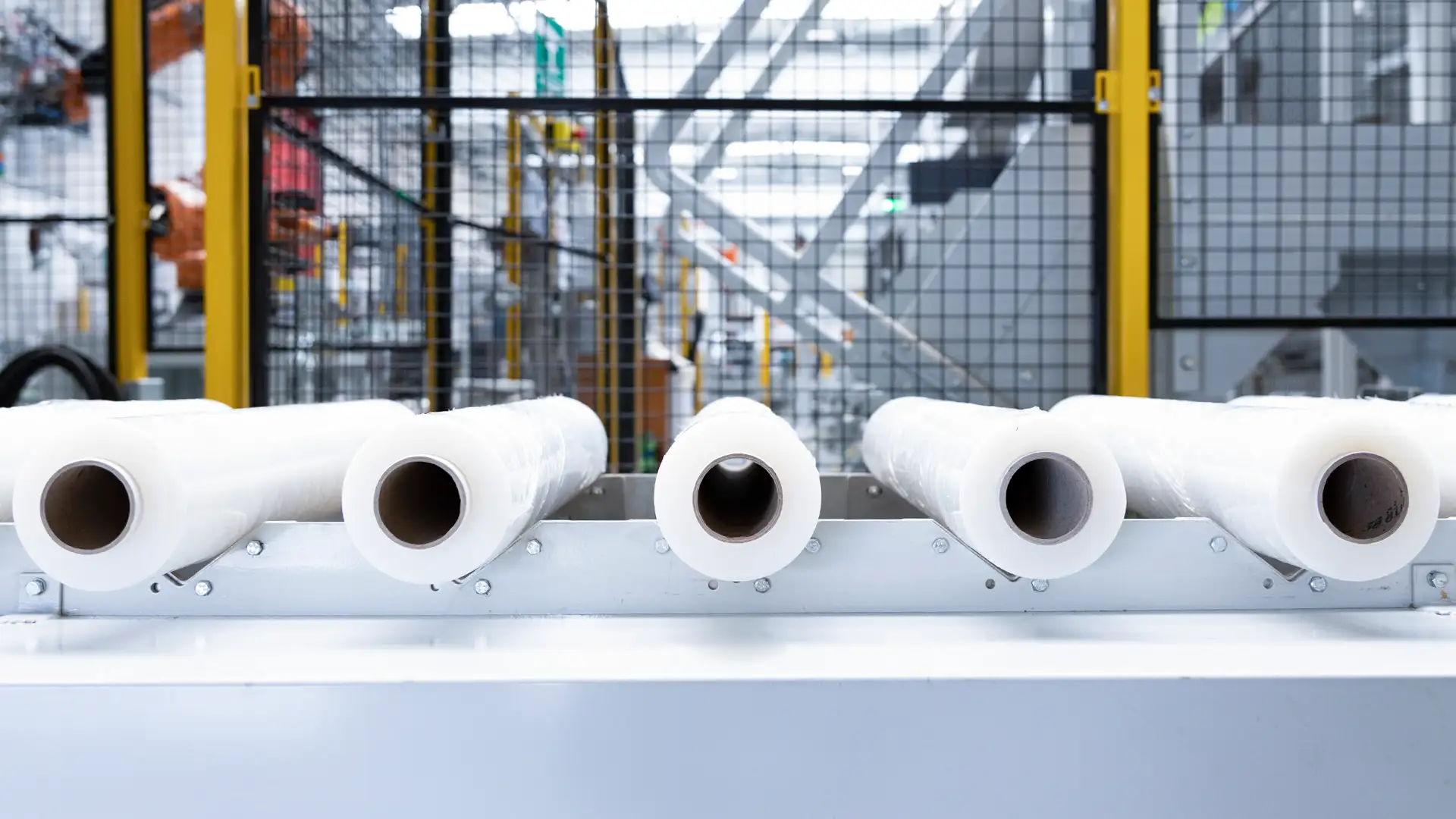The United States has a long and storied history in manufacturing, evolving from an agrarian society to a global industrial powerhouse.1 While facing challenges in recent decades, US manufacturing remains a critical pillar of the American economy.2
A Diverse and Dynamic Landscape:
US manufacturing encompasses a diverse range of sectors, from aerospace and automotive to pharmaceuticals and high-tech electronics.3 Key industries include:
- Aerospace and Defense: A significant sector known for its innovation and technological advancements, producing aircraft, spacecraft, and defense systems.4
- Automotive: A major player in the global automotive industry, manufacturing a wide range of vehicles, from passenger cars to heavy-duty trucks.5
- Chemicals: A vital sector producing a vast array of chemicals, from plastics and pharmaceuticals to agricultural chemicals.
- Computer and Electronic Products: A rapidly growing sector producing a wide range of electronic devices, including computers, smartphones, and other consumer electronics.
Key Challenges and Opportunities:
- Global Competition: Facing intense competition from lower-cost manufacturing hubs in Asia and other regions.6
- Automation and Technology: The rise of automation and robotics presents both challenges and opportunities, requiring a skilled workforce and investments in advanced manufacturing technologies.7
- Supply Chain Resilience: Building more resilient supply chains to mitigate risks associated with global disruptions.
- Reshoring and Nearshoring: A renewed focus on reshoring manufacturing operations back to the US and nearshoring to nearby countries.8
- Focus on Innovation: Emphasizing innovation and advanced manufacturing technologies, such as 3D printing and artificial intelligence, to enhance competitiveness.
The Future of US Manufacturing:
The future of US manufacturing lies in embracing innovation, investing in skilled workers, and fostering a competitive business environment.9 By focusing on high-value manufacturing, leveraging advanced technologies, and strengthening domestic supply chains, the US can maintain its position as a global leader in manufacturing.

